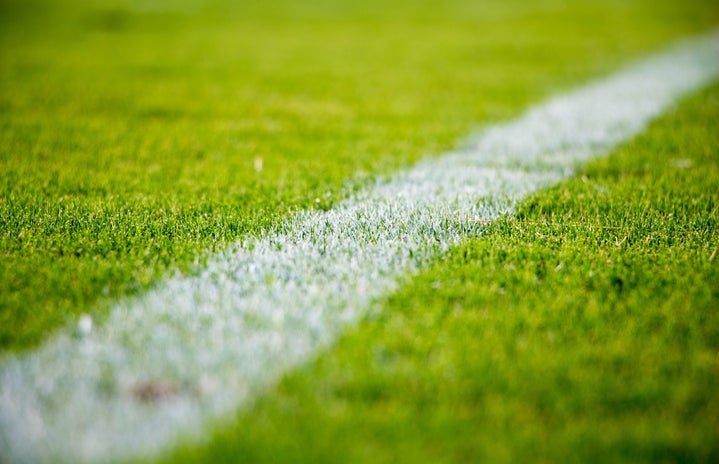For many young university students, competition pervades the atmosphere of college. Whether it is in the classroom, in the arena, or social events, competition can be a healthy motivator. It is not wrong to want to be the best at what you do—in fact, going to a prestigious university is an indicator that you have the drive to be excellent.
This competitive nature is obviously most visible in sports, where athletes take to the field to prove that their school comes out on top. It was one of the most appealing unifiers when I applied to BU—I loved how everyone came together in the name of BU Hockey. Standing together for a common purpose is a powerful tool that sports uniquely utilizes. Nothing can match that high when your team scores the goal, makes the save, and ultimately wins the game.
However, after hearing various sports controversies in the news—stories of cheating, abuse, and cover-ups to ensure athletic success, I became interested in what exactly the sports culture at Boston University would entail. I attempted to educate myself on the topic—I watched documentaries that detailed the failings of universities when their top athletes and coaches committed sexual assault. It was shocking to me, that such esteemed universities could put their athletic programs above ensuring the safety of their athletes and students.
The donations that successful athletics accumulate are a significant incentive for any university to hide their program’s missteps. By brushing over the problems, the university guarantees that their alumni will stay loyal. Controversy can dampen this allegiance. It’s financially safer to back the athletes than it is to investigate allegations, no matter the overwhelming evidence. In my opinion, treating athletics like this tarnishes the name of sport. In something that is, at its core, meant to represent the best of people, athletes and their fans need to be held accountable for their actions. This is why I wanted to look into the culture at Boston University—to see how deeply this unhealthy prioritization ran.
Thankfully, after talking to athletes at BU, I have found out that their experiences have been generally positive. One athlete, Sam Sutherland, stated that BU’s fans deeply care about their teams’ success, stating that, “When things don’t go our way, they will yell in protest. It’s the nature of any sport; you invest your pride and passion for a team and are going to react accordingly. What’s important is that our fans know when to be respectful of the nature of the game.”
Despite the aggressive nature of the most popular sport at BU, this is not reflected in the fans’ actions—yes, it’s normal to be angry when your team loses, but, according to Sam, BU fans know when to draw the line. Additionally, BU fans don’t berate the team players when there are errors, which Sam elaborated on by saying that,
“For games not at home, we’ve experienced some drunk fans being disrespectful, but I’ve always been completely focused on competing for the sake of the team, program, and myself.”
Though it is unfair that one should be subjected to disrespect, that seems more par for the course in comparison to other controversial college sports issues. To me, this problem signifies that Boston University has placed an equal importance on upholding their athletic reputation as much as their moral reputation—an incredibly important standard to have.



